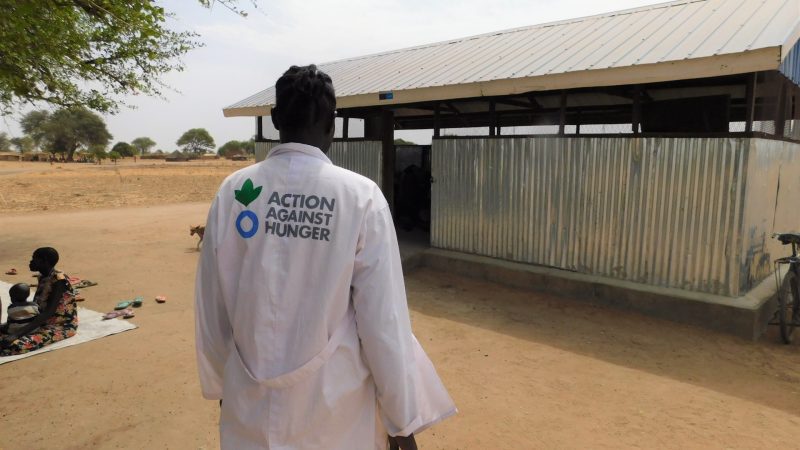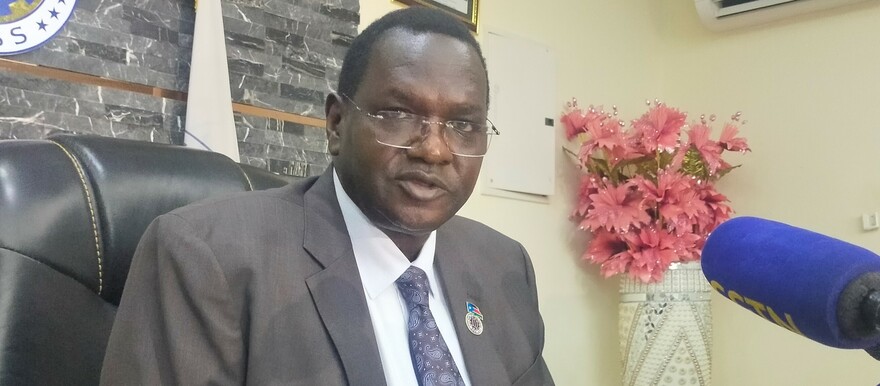The Central Bank of South Sudan on Thursday announced that it is forthwith introducing a cash-based auction policy, meaning that proceeds from forex auctions will be paid in cash by banks and forex bureaus.
The new measure, among others, is aimed at buttressing the South Sudanese Pound (SSP), which has depreciated fast against the U.S. dollar in the last two weeks.
For the last 4 days, the Central Bank rate has been 1 USD to SSP 820. The black market rate has been even higher in favor of the dollar at 1 USD to SSP 880-900.
Addressing Journalists during a press conference in Juba on Thursday afternoon, Central Bank Governor Johnny Ohisa Damian said to curb inflation and strengthen the SSP, the Bank will now auction USD 5 million weekly to commercial banks and forex bureaus.
He said eligible forex dealers will now be required to deposit physical cash with the Bank of South Sudan (BOSS) before being handed hard currency.
“The normal auction is that banks are instructed to debit their accounts but now, to get money from the people in the street, we are now introducing that all auctions to be paid in cash,” Ohisa said.
According to the governor, BOSS has noted with concern the persistent depreciation of the SSP against the U.S. dollar, the subsequent increase in prices of imported commodities and rising inflation which he attributed to “tight global and domestic financial conditions.”
Ohisa attributed the depreciation of the SSP and runaway inflation to among other things, Russia’s war in Ukraine, the banking crisis in the United States of America, and the USD strengthening against all major currencies.
“Domestically, the financial condition and, in particular, the exchange rate remains volatile. The demand for dollars for imports from the rest of the world, school fees and the Easter Season exerted pressure on the exchange rate market,” he said. “It is also observed that major institutional units (business entities and households) buy dollars for precautionary motives to cushion themselves against currency depreciation and inflation.”
The Central Bank boss said they are working with the finance ministry to contain the depreciation of the SSP and inflationary pressures.
“The fiscal and monetary authorities are working in close collaboration and are committed to implementing the Public Financial Management (PFM) Reforms aimed at restoring macroeconomic stability,” Ohisa said. “Specifically, BOSS and the finance ministry are collaborating in the operationalization of the Treasury Single Account (TSA) which allows the Bank to automatically convert all U.S. dollar-denominated government revenues, including the proceeds from oil sales into SSP.”
“This will allow the Bank to build the much-needed international reserves,” he added.
The governor also said that the international reserve position of the country has been boosted by the recent approval of USD 115 million by the International Monetary Fund (IMF) Board.







